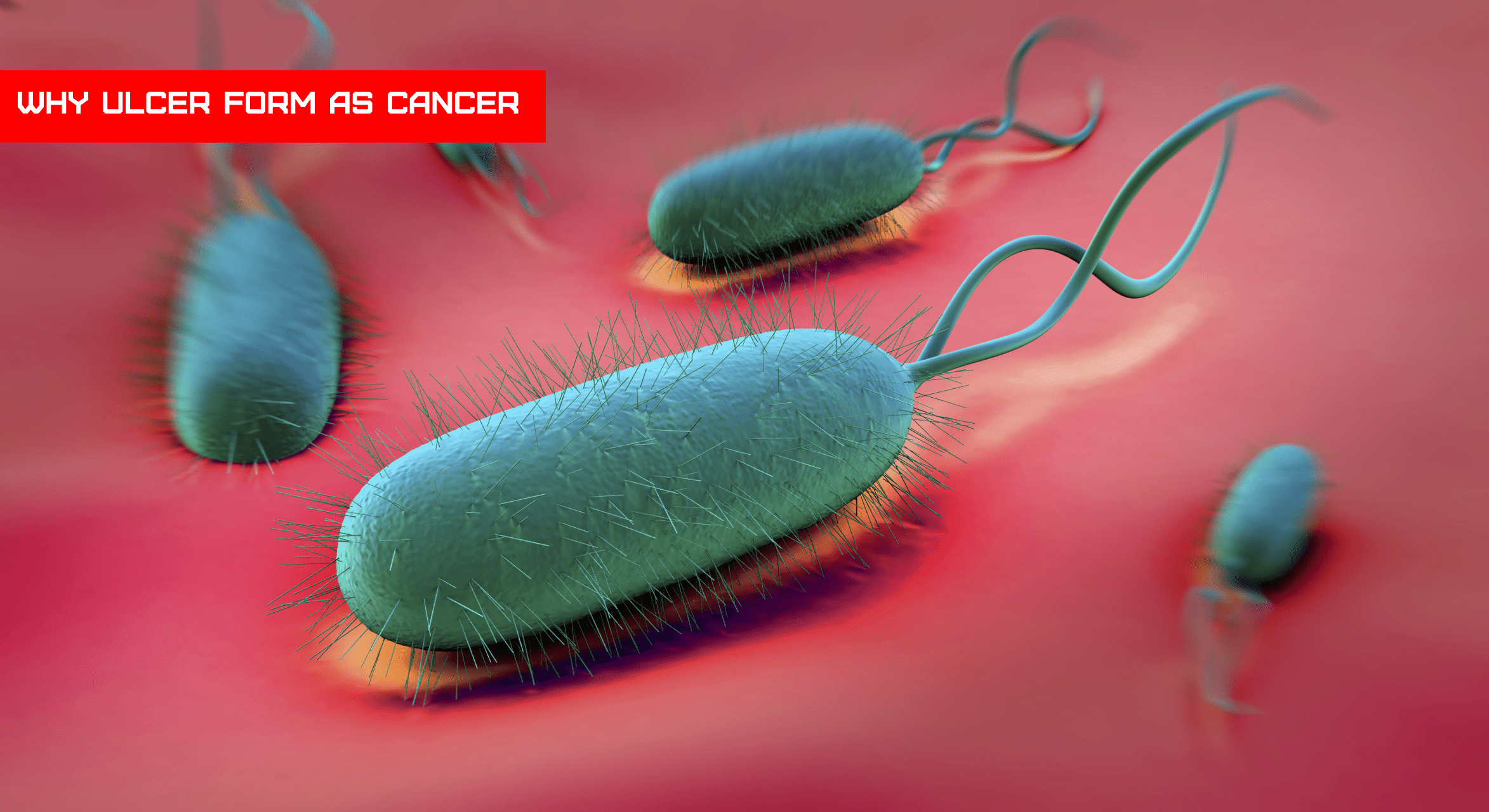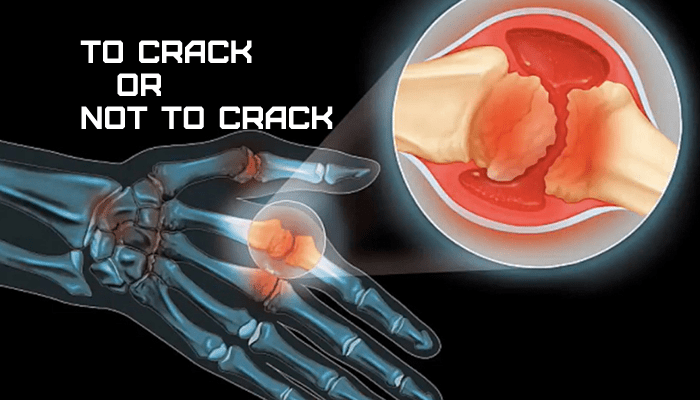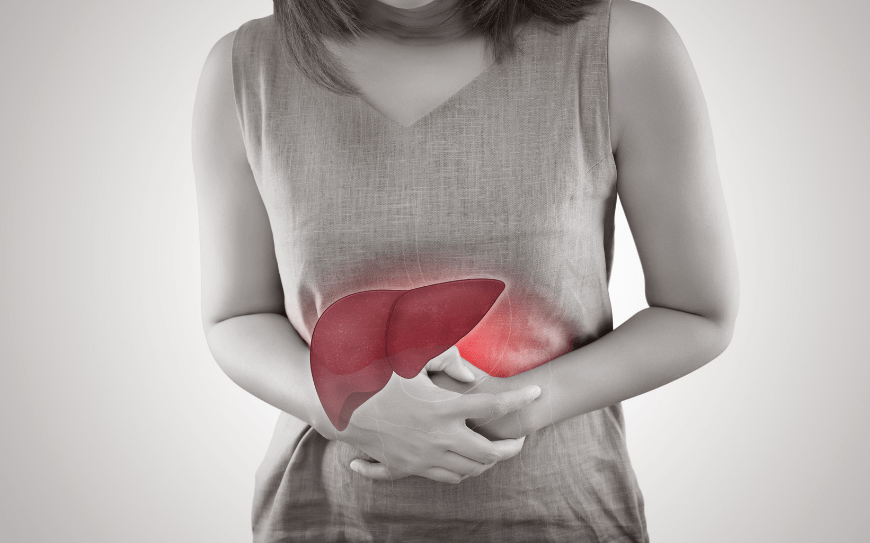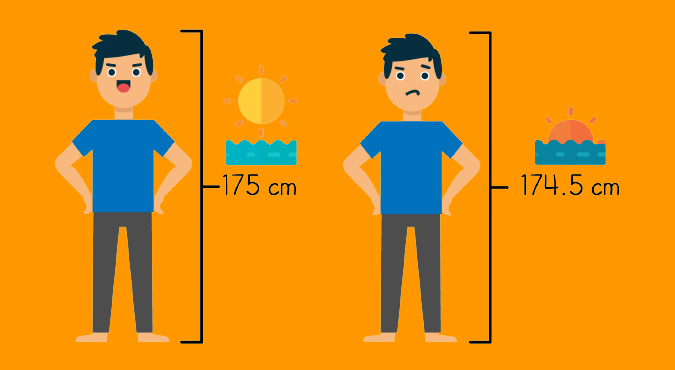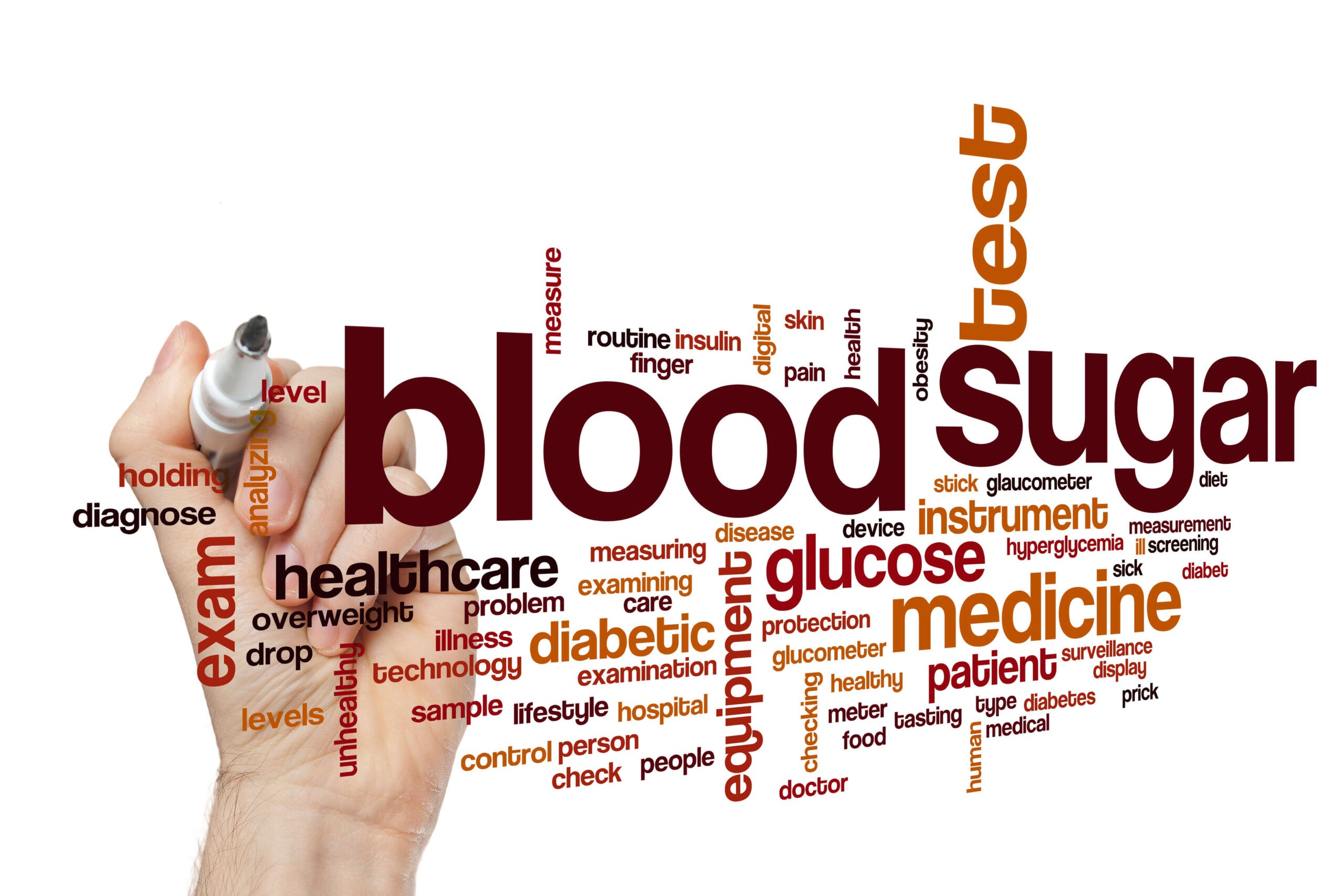What makes organisms living creatures? Answer is DNA. can’t believe the DNA has every living organism and every cell. Here we are going to see how its affecting and how we can manage it.
So do any plants and humans and the DNA is the language of our life so we always speaking the same language and endowed li knowing the structure of this important molecule this is the most important molecule in nature is of high priority for all scientists.
So and there’s no surprise that when the structure of DNA has been discovered about 60 years ago scientists that have discovered structure have received a Nobel Prize what’s important about this molecule is that it has one and the same structure chemical composition in almost all cells in almost all organisms. It’s quite a perfect and very refined molecule it has four letters and they are CATG and they are arranged along the DNA strand uniquely for every one of us and knowing the exact order of all these four letters. Along the human DNA is what is called sequencing of the genome knowing all is ordering of the four letters and just have in mind .
That human DNA has three billions of these letters. So it’s quite a huge task and at the beginning we okay of the new millennium the first draft of the human genome project has been announced and it was about fifty years after the discovery of the structure of DNA it was a huge project a billion dollar project that United the efforts of more than 2.5 thousand scientists located in more than 20 laboratories in six different countries. So it’s a huge and tremendous project and he was completed just at the celebration of the fifty years after the discovery of the structure of DNA and this celebration was crowned by this major scientific event.
So now we know that we have an ordered four letters all along the DNA code and scientists run for sequencing of other genomes just to follow the evolutionary trade of different organisms. So the genome of the monkeys have been sequenced of the honeybees as well of the dogs and the chickens even of the chimpanzees and when the genome of the chimpanzees have been compared to our genome guess what the genetic difference was only 1.5 percent which means that by DNA we are pretty much identical. But by look by appearance by the things we do we are different.
So at least in some cases so what tells identical almost similar genomes to express differently. How DNA knows with genes to switch on and which to switch off and how these little differences are expressed?. So vastly in different organisms what makes us different is the main question that scientists started asking themselves after the sequencing of the human genome. Why the DNA is not our destiny. Why one in the same DNA function is pretty different and I think that we are about to answer some of these questions and it’s about to start a fourth revolution and this revolution will concern our health and it will concern our way of living even our way of producing energy as well.
It is a tremendous discovery and have in mind that we all start from a single-cell human body has more than 100 trillion cells and they are specialized in more than 300 distinct types each type is specialized in specific functions and cells of a specific of specific type form tissues. And they form our organs and thus a human body is formed this cell can go this way and can turn into a lung cell.
Example or it can go this way and can turn into a brain cell there is another option and it can be this way and this cell will become a skin cell have in mind. That all these cells are specialized in quite different functions in our body. But they do have same DNA which means that their genome is the same they have identical genomes obviously there’s something in this house that tells with genes to be switched on and which genes to be switched off.
The main question is what is this let’s imagine that we have computers logically DNA is our hardware in order to function well this hardware needs proper software programs in order to drive the hardware.
The main question is which are the software problems for our body which have software programs for each of these different cell types that tell them with jeans to work and which not the answer is the epigenetics.
What does epigenetics mean literally it means beyond the DNA sequence it means beyond DNA and our genomes it provides information which is not coded in our genes it’s something outside that regulates and that controls our genome and practically sorry practically it tells identical genomes to express differently half identical twins.
Example they do look alike and they genetically are identical but with the time with the age they start differing differing epigenetically. Which means that they susceptible to different diseases and in some cases they to die by different diseases DNA in our cells is not maked. It’s located in the nucleus and is organized with proteins and these proteins together with DNA are transmitting this epigenetic information and they do tell with genes to work and which not.
So it means that the lives of our grandparents the food they ate the air they breathe. It the actions they did do they smoke or didn’t even the things they. So could affect us decades later and moreover we can pass and transmit this information to our descendants and in fact our children grandchildren and grandchildren. Epigenetics is something above and beyond the genome and the genome and the epigenome cannot exist separately and the bridge between them is the environment.
It’s the environment so okay this is stress and it’s also influencing my epigenetics and in our lives and our lives during our life. we are under extensive stress and these environmental stimuli can be our diet can be the way we live can be even the people who we interact with and this environmental stimuli are affecting our genome through the epigenome.
Epigenetic Spurs in the recent years and this is a real revolution in the field of bio science all these books are scientifical and also science-fictional and they do aim to make you familiar with the way that you can change your genome by influencing your epigenome by changing your environment by changing your way of living. This trying to be healthier trying to combat different diseases it is with aging.
It deals with a way we take food which means that the epigenetics is the real genie in our genes. It controls the way they work as I am a molecular biologist and I come from a molecular genetics lab. Our aim is to try to probe to try to study how different factors and conditions are influencing our genome and epigenome and if this is the human cell and this is the place where DNA is seeds. What we observe in our laboratory is how this DNA is influenced by different stress conditions this different trance conditions can be UVA radiation.
It can be different food substitutes it can be drugs and whatever and if we put this cell on the mild electric field what we see is that. When DNA is damaged DNA is extended toward the anode and thus forms a comet-like image which is observed under a microscope this is a cell and it has a lot of DNA damage. Here is the place where the intact the healthy DNA is located and here is the tail and this tail tells us that there is a lot of DNA damages in this cell and there are methods for quantifying these results and they do tell us how to treat our DNA in order to be healthy and in order to manage in different stress conditions.
Some of our results deal with food colorings food additives and preservatives that we regularly use in our daily practice we have tested a lot of them.
Result with some food colorants like fast green indigo carmen and editors in this color one gives the green power this one gives the blue power and this one gives the red color of our sweets and when we treat healthy cells with these three colorants what we observe is extensive DNA damage.
Which means that we should be very careful when we use them in daily practice moreover. We are also experiencing the way different all kind of stress conditions are influencing our genome through the epigenome and we are monitoring the way the environment is influencing our epigenome.
The way gender even the age the food and the drugs that we barely uptake all the social factors the economic factors which means that we are experiencing the way we live is influencing our epigenome.
